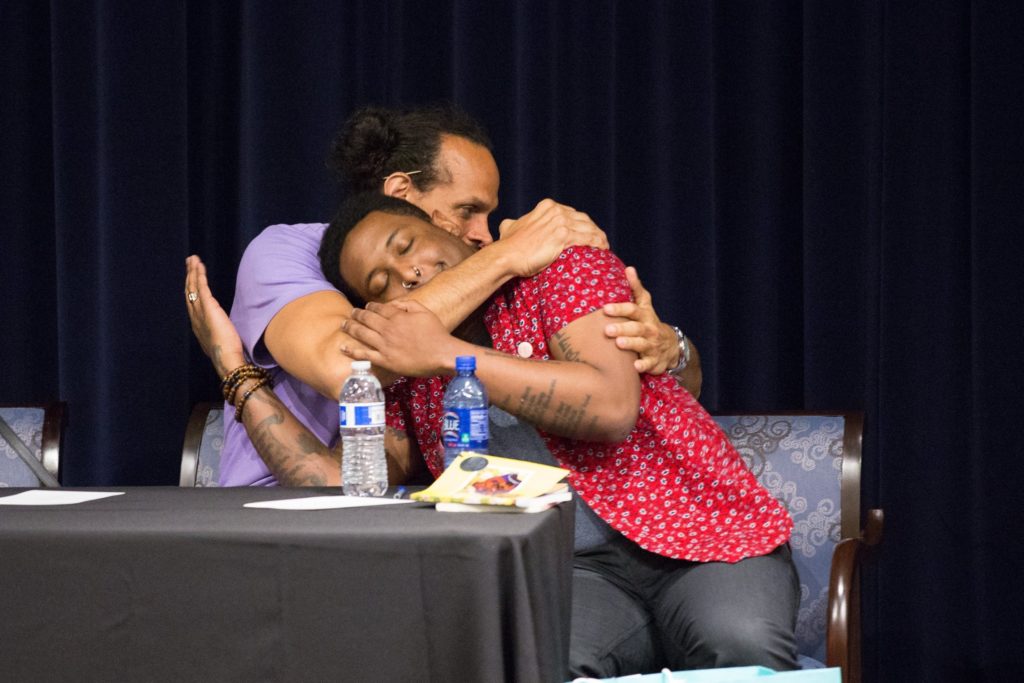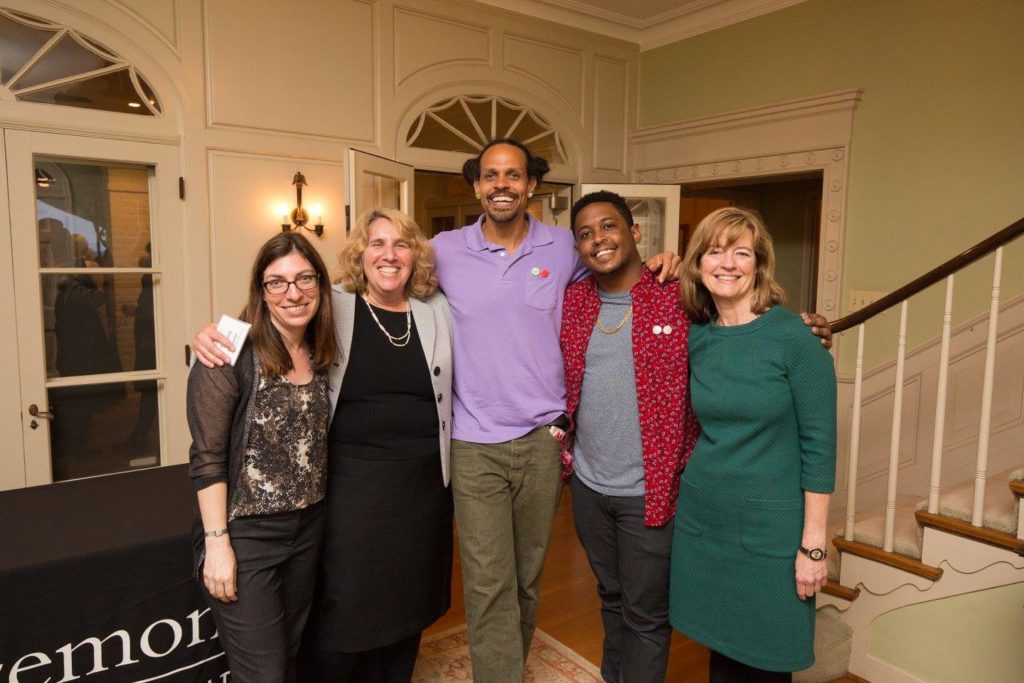Hope, Strength, & Vulnerability: Danez Smith’s Don’t Call Us Dead

In Stephanie Burt’s review of Danez Smith’s Don’t Call Us Dead in American Poets, she writes, “Smith’s status as a vulnerable exception, as questing hero and public victim, may be the most American thing about the poet, whose images land hard, connecting us to blackness and queerness and vulnerability across a broad map.”
As marginalized people are laying their vulnerabilities bare and fighting against the perpetuation of systemic racism across America and around the globe, Danez Smith speaks to this particular global moment in a profound way. As a queer African American poet, Smith’s poetry finds strength in their personal positionality. As we enter the middle of Pride Month amidst weeks of powerful protests in all fifty states, and several countries around the world, Smith’s poetry works to address a modern form of cultural solidarity crucial to navigating these uncertain and historic times.

In particular, his poem from Don’t Call us Dead titled “It Won’t Be a Bullet” shows the ways in which Smith defines their presence in both the African American and LGBTQ communities:
it won’t be a bullet
becoming a little moon—brightwarm in me one night.
thank god. i can go quietly. the doctor will explain death
& i’ll go practice.
in the catalogue of ways to kill a black boy, find me
buried between the pages stuck together
with red stick. ironic, predictable. look at me.
i’m not the kind of black man who dies on the news.
i’m the kind who grows thinner & thinner & thinner
until light outweighs us, & we become it, family
gathered around my barely body telling me to go
toward myself.
In this poem, the speaker is dying of a different violence than the countless black bodies who are displayed lifeless on our social media feeds and news broadcasts. Their death is quieter and hidden from public view as they find themself slowly disappearing because of their illness. In this process of bodily disintegration and increasing weakness, Smith carries a strong voice that wholly embraces their blackness and queerness. “it won’t be a bullet” illustrates the forced subjection to police murder and violence within the black community, and this poem also bears the weight of those who have suffered from HIV. This weight transforms into light by the final stanza. In order to overcome, there must be a process of becoming. It is not merely acceptance of death that Smith is addressing, but rather the understanding of self that may help to overcome the fear of death that can be certainly imminent to those within the margins of American society.
Smith’s various juxtapositions of disappearance and arrival speak to the present as millions are confronting the very fabric of American and global existence. We are arriving at a moment that forces us to confront our pasts in deep and transformative ways. As Black Lives Matter protests spread around the world, it is vital to understand the intersectionality of blackness and queerness as it is so beautifully expressed in the work of Danez Smith. In this understanding comes vital societal transformation.
I will leave you with a poem of emerging hope from the final pages of Don’t Call Us Dead:
little prayer
let ruin end here
let him find honey
where there was once a slaughter
let him enter the lion’s cage
& find a field of lilacs
let this be the healing
& if not let it be
—Jordan Wheatley
Share